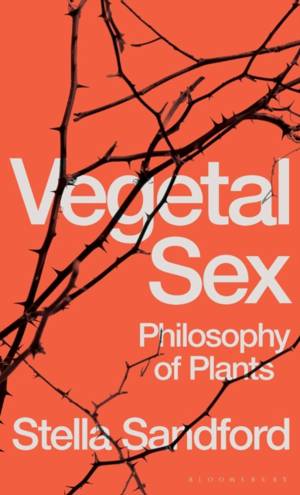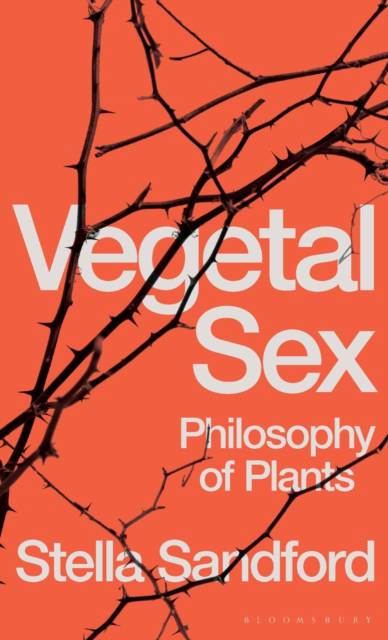
Bedankt voor het vertrouwen het afgelopen jaar! Om jou te bedanken bieden we GRATIS verzending (in België) aan op alles gedurende de hele maand januari.
- Afhalen na 1 uur in een winkel met voorraad
- In januari gratis thuislevering in België
- Ruim aanbod met 7 miljoen producten
Bedankt voor het vertrouwen het afgelopen jaar! Om jou te bedanken bieden we GRATIS verzending (in België) aan op alles gedurende de hele maand januari.
- Afhalen na 1 uur in een winkel met voorraad
- In januari gratis thuislevering in België
- Ruim aanbod met 7 miljoen producten
Zoeken
€ 161,45
+ 322 punten
Uitvoering
Omschrijving
This book introduces the reader to the exciting new field of plant philosophy and takes it in a new direction to ask: what does it mean to say that plants are sexed? Do 'male' and 'female' really mean the same when applied to humans, trees, fungi and algae? Are the zoological categories of sex really adequate for understanding the - uniquely 'dibiontic' - life cycle of plants?
Vegetal Sexaddresses these questions through a detailed analysis of major moments in the history of plant sex, from Aristotle to the modern day. Tracing the transformations in the analogy between animals and plants that characterize this history, it shows how the analogy still functions in contemporary botany and asks: what would a non-zoocentric, plant-centred philosophy of vegetal sex be like?
By showing how philosophy and botany have been and still are inextricably entwined, Vegetal Sex allows us to think vegetal being and, perhaps, to recognize the vegetal in us all.
Vegetal Sexaddresses these questions through a detailed analysis of major moments in the history of plant sex, from Aristotle to the modern day. Tracing the transformations in the analogy between animals and plants that characterize this history, it shows how the analogy still functions in contemporary botany and asks: what would a non-zoocentric, plant-centred philosophy of vegetal sex be like?
By showing how philosophy and botany have been and still are inextricably entwined, Vegetal Sex allows us to think vegetal being and, perhaps, to recognize the vegetal in us all.
Specificaties
Betrokkenen
- Auteur(s):
- Uitgeverij:
Inhoud
- Aantal bladzijden:
- 256
- Taal:
- Engels
Eigenschappen
- Productcode (EAN):
- 9781350274921
- Verschijningsdatum:
- 3/11/2022
- Uitvoering:
- Hardcover
- Formaat:
- Genaaid
- Afmetingen:
- 140 mm x 216 mm
- Gewicht:
- 439 g

Alleen bij Standaard Boekhandel
+ 322 punten op je klantenkaart van Standaard Boekhandel
Beoordelingen
We publiceren alleen reviews die voldoen aan de voorwaarden voor reviews. Bekijk onze voorwaarden voor reviews.









